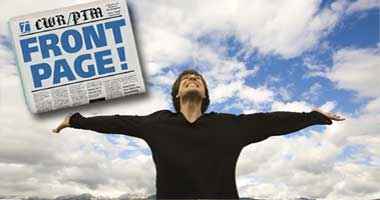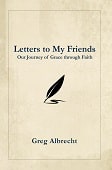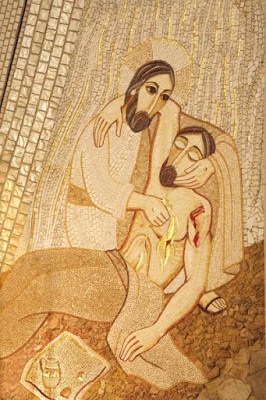The Good & Beautiful Shepherd – Kenneth Tanner
Middle Eastern shepherds in the time of the Bible did NOT break the legs of sheep and carry them on their shoulders to keep them from running away again, or “hold them close to their heart” or whatever myth you heard growing up.
It’s terribly impractical, for one thing. Sheep can weigh up to 75 pounds. It’s a tremendous hindrance to properly caring for the whole flock. It can also permanently disable the sheep.
Imagine having a number of immobilized or broken sheep in a flock. What a mess that would be.
The rod of the shepherd was used to defend the flock from predators, not beat the sheep. And the hooked staff was used to rescue them. The sheep trusted these tools and the shepherd who carried them. They were not afraid of the shepherd and heeded his voice because he led them to green pastures and beside still waters and never mistreated them.
There is a midrash from about a thousand years ago: a sheep wandered away from Moses and his flock. Moses searches and finds the sheep drinking from a stream and says, “Oh…so sorry…I did not know you were thirsty.” God responds to Moses’ mercy and entrusts him with the people of Israel.
One of the rabbis commenting on this midrash writes: “Moses realized that the kid did not run away from the flock out of malice or wickedness—it was merely thirsty. … Only a shepherd who hastens not to judge the runaway kid, who is sensitive to the causes of its desertion, can mercifully lift it into his arms and bring it back home.”
How often are we misunderstanding folks when they leave the fold? It would help, I think, if we were sensitive to the causes rather than censorious.
The good shepherd lays down his life for the sheep. This means not only that he puts the sheep before his own life, and is willing to die so they might live, but the beautiful shepherd would lie down for the night in front of the gate of the sheep pen so that a predator that wanted to get to them had to go through the *body* of the shepherd.
The beautiful shepherd puts us before himself, before his own life. He values the life of his sheep over his own life. And this means every human is loved by God more than God loves his own life. We do not say this enough, or plainly. And this is one of many reasons the churches are emptying.
God lays down his life for us even though he knows us better than we know ourselves. Yet knowing all of our hidden thoughts and everything we do that no one sees he *still* values our life over his. I’ll just say that once more: God puts us ahead of himself.
John tells us that this is how we know love: that God lays down his life for us. Not by watching the latest rom-com or listening to the hit love song but by looking upon our wounded, dying God.
John tells us that we likewise should lay down our lives, not by dying as God dies for us, but by giving of ourselves and our property to our brother in need.
Jesus never says “I will obey my Father so you never need to” or “I will obey my Father because you cannot.” We need to lay down ourselves in the way John commends, and we can! God never asks us to do anything that he does not enable in us by his Spirit. Every invitation to participate in the goodness of our great shepherd carries the blessing to do so.
You cannot of course save yourself or your neighbor or the world, not in any ultimate sense—this is a gift that God alone can bestow and he saves us in this ultimate way without conditions—but you CAN save your brother in the moment or through a season of their life, and you can save the creation in your lifetime, by participating in God’s care for all things and all persons by loving your brother and the world as God commands and as God enables.












 Plain Truth Ministries | Box 300 | Pasadena, CA 91129-0300
Plain Truth Ministries | Box 300 | Pasadena, CA 91129-0300

